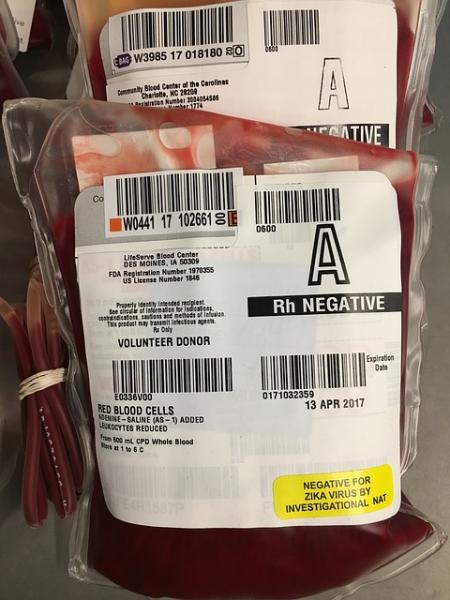In 2016, Canada paid the US 512 million dollars to provide more than 80% of the blood products, specifically immune globulins [1]; they needed to care for their citizens. The U.S. is the second largest supplier, after Ireland, of blood products in the world. What is going on?
The short answer is regulation of market forces. Unlike the U.S., Canada severely limits paid blood donations; in fact, there is currently proposed legislation in Nova Scotia to join the provinces of Quebec, Ontario, and Alberta in these bans. Why would Canada choose to pay US citizens rather than their own? It seems to turn on ethical concerns. In an open letter, economists and ethicists refute the government narrative that compensated donation is exploitive, unsafe, commoditizes our body parts and should be driven by altruism rather than money.
Compensation for plasma donation pays a bit better than minimum wage, but it can hardly be considered a steady income. [2] About 30% of the final value of the plasma goes to the donor. So economically it is not clear if anyone is actually being exploited. And if exploitation is an issue, is it more ethical to mine the circulatory system of Americans rather than Canadians?
Compensated and uncompensated blood donation is handled in the same way, with lots of safety checks for a transmissible disease. The scientific consensus is that there is no safety difference in the two blood sources.
Does compensation devalue human bodies, after all, we are being paid to share some fluids? The letter argues that every member of this supply chain, with the exception of the donor, is compensated. Medical personnel view blood and blood products as vital gifts, not off the shelf commodities. Blood is a renewable resource, unlike organ transplantation where similar concerns are raised.
Are blood products magically imbued with special qualities because they were donated through an altruistic versus commercial act? For the patient in need, the motivation of the donor is immaterial. And altruism is not antithetical to compensation. Is there not some compensation in the social satisfaction and signaling of the blood donor?
They end with a security argument, why should Canada be beholden to another country to care for its citizens when the resources are already there. Moreover, does Canada have a higher duty to provide for not just themselves but world-wide others?
Suggestions to compensate donors for organ transplantation have met with the same ethical concerns over exploitation and commodification. The increased interest is understandable given that organs are not as renewable as blood. Last year, nearly 35,000 patients received organ transplants, 17% from living donors. The current waitlist has 115,000 patients. Compensation is worth a conversation, to society and certainly to transplant recipients organ transplantation.
[1] Blood is broken down into components for transfusion. The components include the red blood cells, the platelets, coagulation factors and gamma globulins - proteins involved with our immune system.
[2] 60-90 minutes of donation paid at $25-50




